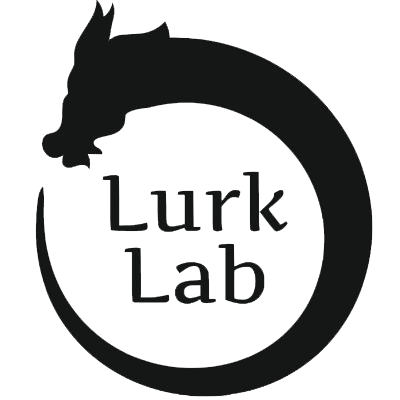In order to accomplish this goal, Varys Capital relies on its 4 Pillars.
Four Pillars
Welcome to Varys Capital
Varys Capital is a total return fund providing secure access to the digital asset class through its dual approach to investment returns in venture capital and quantitative trading strategies.
In order to accomplish this goal, Varys Capital relies on its 4 Pillars.
In order to accomplish this goal, Varys Capital relies on its 4 Pillars.
Venture
Equity and Token Investments (VARVCF)
VARVCF SP1 and SP2 (2026 launch) are early-stage funds backing blockchain-enabled FinTech/Trade and Infrastructure companies. Through our unique value extraction model, the fund targets outsized returns distributed to investors within the first two years of the fund's life.
Varys Capital invests in equity, tokens, and liquid positions. Additionally, the fund provides liquidity to support our portfolio companies.
Varys Capital invests in equity, tokens, and liquid positions. Additionally, the fund provides liquidity to support our portfolio companies.
01
Equity
The fund invests in equity, sourcing, supporting, and reinforcing companies with a sustainable revenue model and defined path to exit. Our long-standing reputation and technical edge allow us to see virtually every deal in the market and lead most portfolio company investments.
02
Token
Token investments allow for greater liquidity that can be leveraged to generate returns outside of equity-based exits. Oftentimes, equity investments are combined with a token warrant, ensuring the upside of both investment functions, thereby dissipating risk.
03
Liquidity
This approach supports a company's growth while acting as a hedge for token and equity-based positions. Liquidity contributions also strengthen a company by adding depth to its tradable asset pool and allowing for a more efficient marketplace.
Trading
Quantitative Multi-Strategy Approach (VARDFI)
Varys' quantitatively-driven, ultra-low-latency and high-frequency strategy stack, seeks to maximize risk-adjusted returns and minimize downside volatility, leveraging both to exploit profit-rich opportunities.
Asymmetrically weighted position and risk exposure enable the trading desk to not only constantly seek alpha, but to minimize risk concurrently.
Asymmetrically weighted position and risk exposure enable the trading desk to not only constantly seek alpha, but to minimize risk concurrently.



.png)







.svg)











